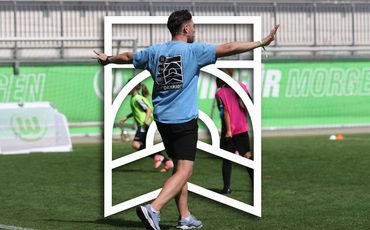Social Factors of Youth Sport Dropout
In this article, we turn our attention to the second dimension of the 3D model: Social Factors. These are the interpersonal and cultural influences that shape a young person’s experience in sport—and they can play a powerful role in whether they stay or walk away.
1. Social Desirability
Social desirability refers to how accepted or valued sport is within a young person’s social circles. This includes their family, friends, and broader community. If a young person feels that their sport is not respected—or worse, actively discouraged—by those around them, it becomes much harder to stay engaged. This is especially relevant in communities where sport may not be seen as a priority, or where participation is influenced by gender norms. For example, girls and young women may face additional barriers if sport is not considered socially appropriate in their environment.
2. Social Enjoyment
Sport is not just about physical activity—it’s also a social experience. Social enjoyment is about how much a young person enjoys the company of those they interact with in their sport setting. This includes teammates, coaches, club staff, and even the parents of other participants. When these relationships are positive, inclusive, and enjoyable, they create a strong protective buffer against dropout. On the other hand, negative social experiences—such as feeling excluded, bullied, or unsupported—can quickly lead to disengagement.
3. Social Support
Support from others is crucial in helping young people navigate the ups and downs of sport. Social support comes in two key forms:
- Close Friendships: Having at least one close friend in the sport can significantly increase a young person’s likelihood of staying involved. That sense of belonging and shared experience is incredibly powerful.
- Support at Key Moments: Everyone has moments of doubt—times when they question whether to continue. A timely word of encouragement from a coach, parent, or peer can make all the difference. These small but meaningful interactions can help a young person push through challenges and rediscover their motivation.
Conclusion
Social factors are deeply influential in shaping a young person’s sport experience. They don’t operate in isolation but interact with personal and environmental factors, as well as broader demographic influences. As coaches and sport leaders, fostering a socially supportive and inclusive environment is one of the most effective ways to reduce dropout and keep young people engaged in sport.
Watch the full video below
Comments
Related Pages


